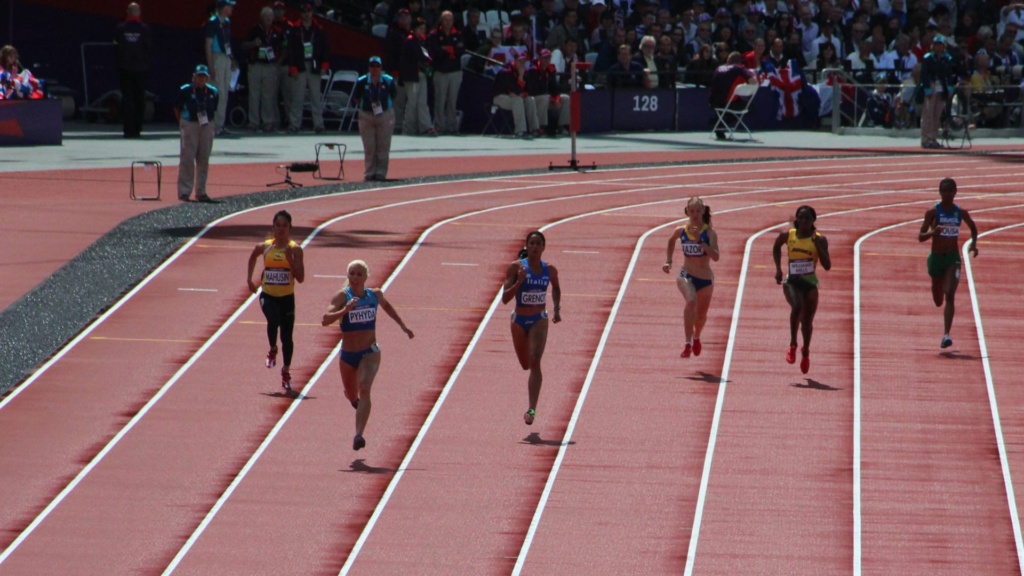If your company does recruiting on college campuses, chances are some of the top candidates won’t make it to the job fair. That’s because they’re in the gym or on a court, field, or rink training for their sport.
“Collegiate athletes make some of the best employees,” says Vincent McCaffrey, CEO of Game Theory Group, a Greenville, N.C.-based recruiting and career services firm that focuses on placing athletes in their first jobs. “Most 22-year-olds have no track record from an employment standpoint, but the experience a student athlete has developed bodes well in the workplace.”
McCaffrey has first-hand experience. While a student at Lehigh University in Pennsylvania, he played for his school’s basketball team. When employers came to campus looking for potential hires, he was at practice or away at a game. After he graduated and transitioned into the business world, McCaffrey found that some of his best coworkers were also former athletes.
“Six out of the past 11 U.S. presidents were collegiate athletes,” says McCaffrey. “You can train an employee on the day-to-day job requirements, but you can’t change work ethics. Athletes already have that dedication.”
McCaffrey offers five reasons you should consider a former college athlete as your next employee:
1. They’re achievement oriented.
Most collegiate athletes started playing their sport by the age of five or six. They’ve been winning and losing their entire life. They’ve learned how to eliminate external influences to win the game.
“That’s a great skill in the world of business where there’s a lot of noise,” says McCaffrey. “College sports is like a finishing school for achievement. If you get a person who can see through that and focus, that’s the person you want to have around you.”
2. They’re resilient.
To get to the college level, athletes have most likely failed more than they’ve won, says McCaffrey. But they always get up and keep going because they don’t want to let down the team or the coach. In the workplace, this trait creates an employee who will find a way to win.
“Businesses go through tough times and you can get kicked in the teeth,” he says. “You want people who know that ‘no,’ is just one step closer to a ‘yes.’”
3. They’re strong communicators.
A former college athlete has already had one of the toughest bosses around–the coach. They’ve learned how to receive and provide feedback for the betterment of the team, and they thrive on clear expectations.
“In today’s world, constructive criticism is becoming a lost art,” says McCaffrey. “But if you don’t get better, your team doesn’t win. Where others might have been sheltered from harsh feedback, former athletes know how to handle hard conversations in the workforce.”
4. They’re team oriented.
The ability to work with others toward a common goal is the definition of a team and it’s a good attribute for an employee.
“Student athletes know how to be a good follower as well as how to take control of a situation,” says McCaffrey. “They understand roles, and they know where they fit in. In the workforce, they are comfortable taking the lead as well as providing support.”
5. They manage time well.
Student athletes have a lot of responsibilities, including classes, studying, strength training, conditioning, practice, travel, and games.
“If they don’t learn how to juggle everything, they’ll fail,” says McCaffrey. “With coaches and advisors pulling you in different directions, you learn where you need to be spending your time. This translates into a highly organized employee.”
Recognize your brand’s excellence by applying to this year’s Brands That Matter Awards before the extended deadline, June 14.
Sign up for Brands That Matter notifications here.



